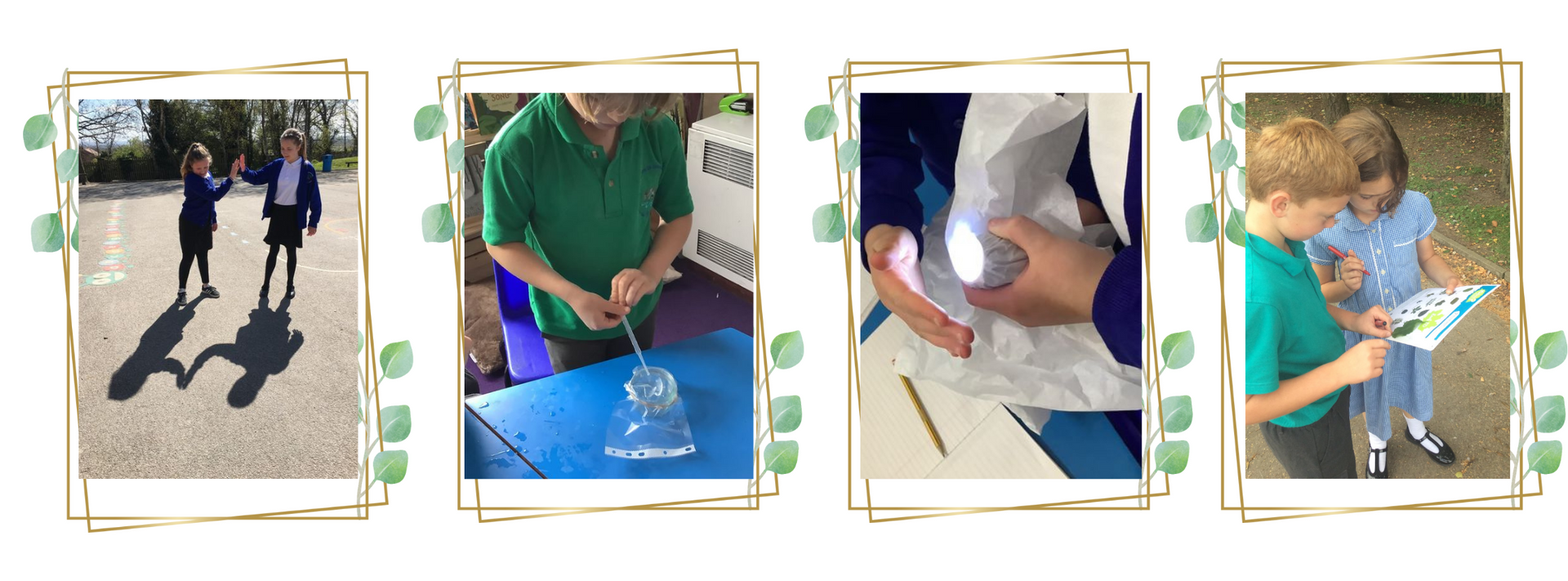
Our Intent
Our approach to teaching Science is grounded in the three elements of our school vision: relationships, an innovative approach to teaching and having the highest expectations for all. Our aim is to inspire and challenge our children, through a safe and happy learning environment, to achieve excellent standards in Science. Our innovative approaches are aimed at ensuring that all children, regardless of background or circumstance, are excited and engaged when being scientists. We deliver learning that is real, relevant and purposeful, including opportunities for educational visits and field study. We aim to inspire a passion for learning and build confidence to ask and answer scientific questions, take risks and extend their scientific knowledge.⯠We equip children with knowledge about scientific processes and cycles, as well as nature and the world around them; particularly in localities that are less familiar. We aim for children to work scientifically and be able to record scientific information and present it in a systematic, scientific manner. For children to investigate and use experiment frequently and for this to be authentic and ‘real life’, wherever possible. Our children develop a respect for the materials and equipment they handle with regard to their own, and other children’s safety. We equip our children with the skills to articulate their learning confidently and to remember knowledge and vocabulary, taking their love of the subject, as well as highly developed skills and knowledge, into secondary school and beyond.

Our Implementation
In EYFS, Science is taught through a play-based curriculum that encourages the children to explore and investigate the natural world including changes in seasons and changing states of matter. We encourage outside visitors to come and speak to the children to promote opportunities for awe and wonder!
Science is taught weekly from years 1 to 6 using our science progression of skills plan. The Science curriculum is ambitious for all children, teachers identify gaps in prior knowledge and use our keep up not catch up strategies to support progression.
The curriculum progresses each year both in the knowledge that children need and the working scientifically skills they need in each aspect of the curriculum (See curriculum progression document below). Curriculum design links to the local context so that scientific learning is relevant for our children and can be applied to real life contexts. There are regular opportunities for children to learn outdoors, carry out experiments and work scientifically. Our Opportunities Pledge ensures that every child has access to a wide range of opportunities that enhance the curriculum and provides children with experiences that broaden their understanding of the world around them.
Children are encouraged to ask their own questions and find scientific ways of exploring. Knowledge organisers are used to ensure key knowledge and vocabulary is introduced and taught. Teachers ensure that knowledge organisers build on previous learning and that pupils remember their learning. There are regular opportunities to apply their learning across different contexts.
Impact
- Children have a deep knowledge of the world they live in and how they can work scientifically to improve their understanding of concepts and processes.
- Children can access and follow an ambitious curriculum that has our vision for exceptionally high expectations as a driver.
- Standards of work in books and assessment outcomes are very strong.
Regular Science monitoring is undertaken by Alice White and Stephen Wright (Science subject leaders).


